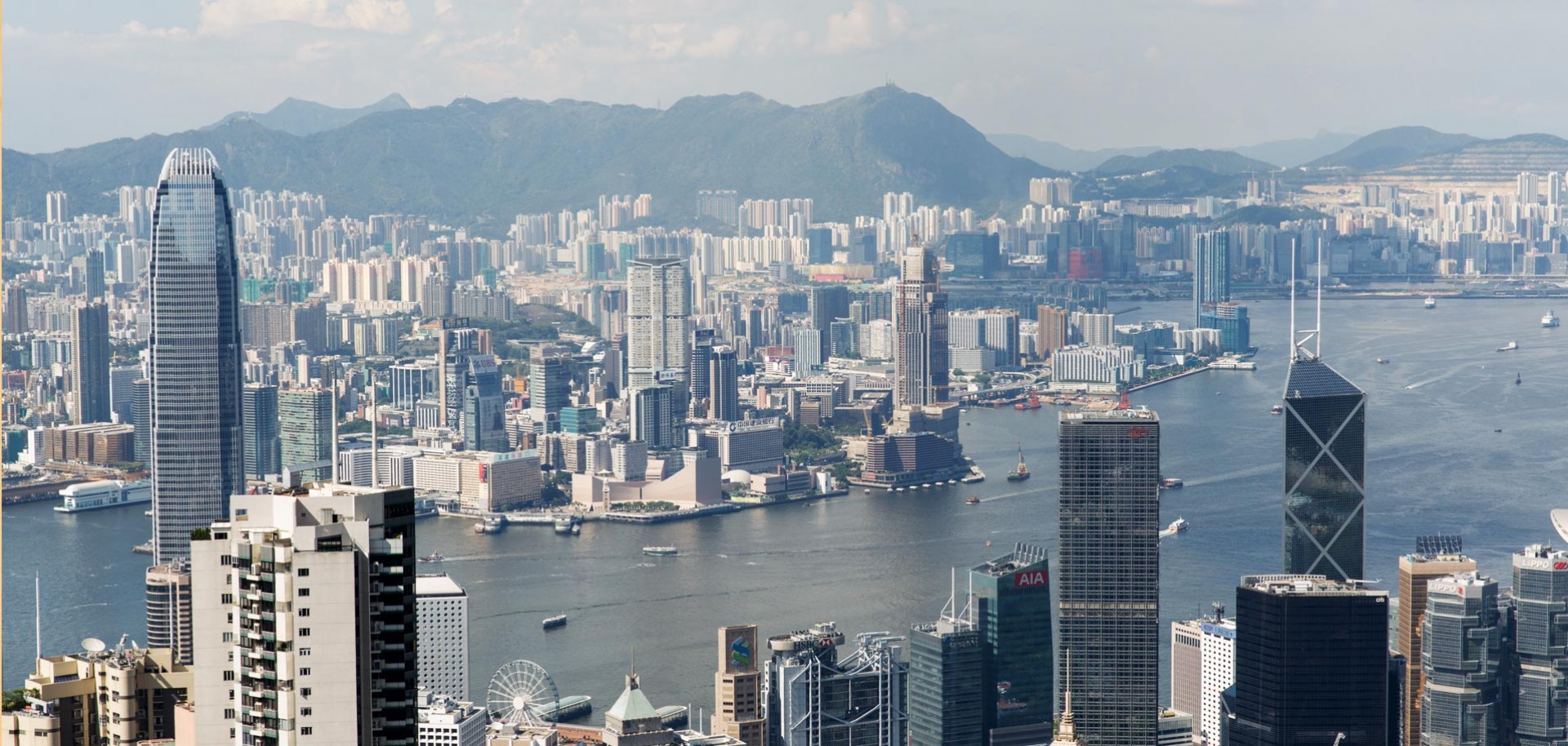From the eurozone to South Korea, elections are sweeping the world, bringing with them a high likelihood of dramatic policy change. But when Hong Kong's 1,200-member election committee convenes to vote on the city's next chief executive March 26, it will likely usher in more of the same. The Chinese government has extensive influence in the city's electoral system under the Basic Law, which gives it the prerogative to screen candidates, steer the nomination process and exercise veto power as it sees fit. Beijing's active, albeit typically covert, involvement in Hong Kong politics keeps candidates from the city's pan-democratic camp or emerging localist party from receiving nomination for -- let alone winning -- chief executive and ensures a steady succession of pro-China leaders in the top post. Unlike the highly contentious votes elsewhere in the world, then, the outcome of the Hong Kong election is practically a foregone conclusion.
It will...

